
Deutsch-Chinesische Enzyklopädie, 德汉百科
 Indonesia
Indonesia
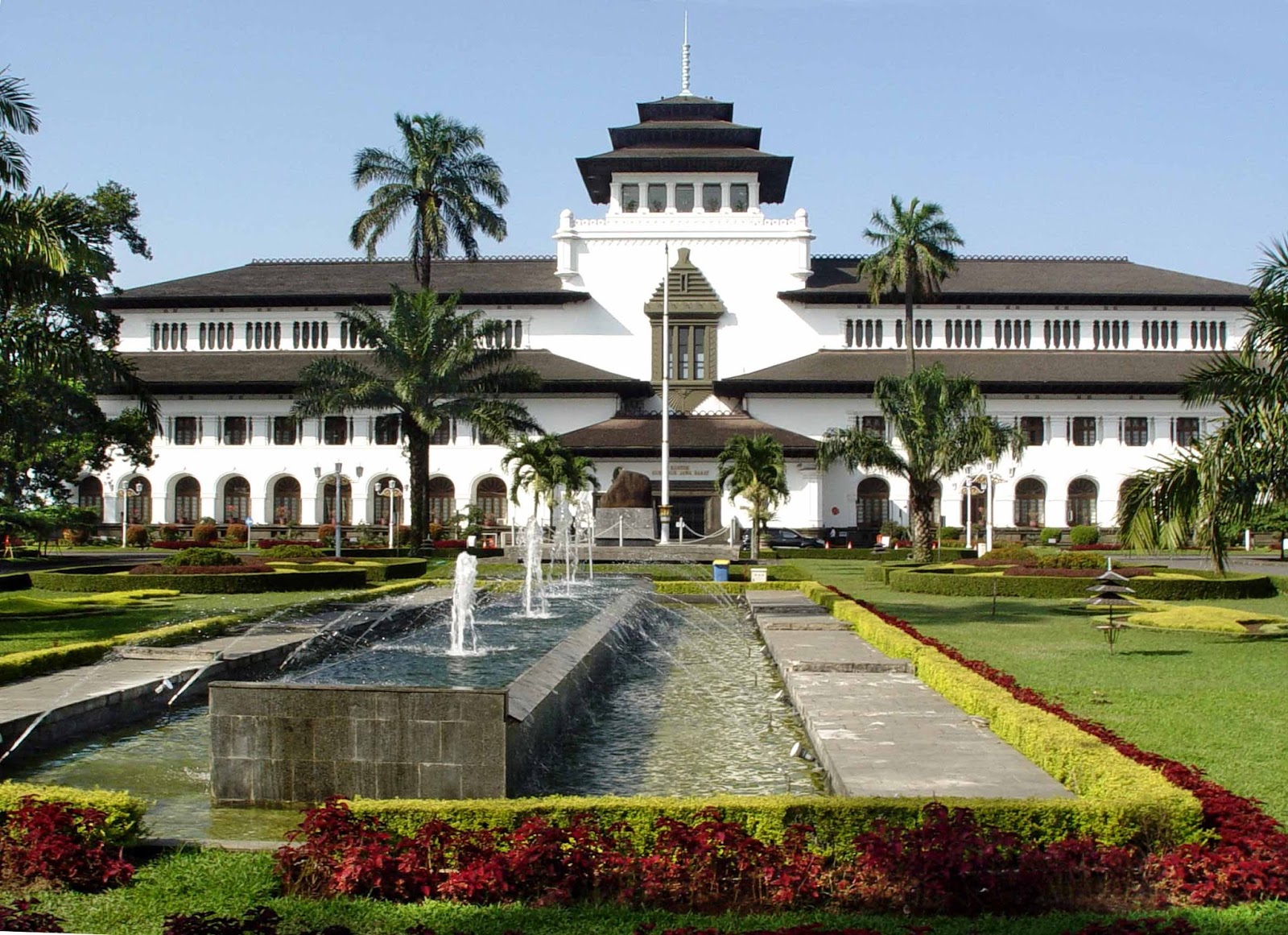
Address: Jl. Diponegoro No.22, Citarum, Kec. Bandung Wetan, Kota Bandung, Jawa Barat 40115
Opening hours: Mon - Fri: 8am - 4pm (closed on Sat & Sun)
Price: 5,000 IDR (0.4 USD)


孟加拉湾(印地语:बंगाल की खाड़ी、孟加拉语:বঙ্গোপসাগর、缅甸语:ဘင်္ဂလားပင်လယ်အော်)是印度洋北部的一个海湾,西临印度半岛,东临中南半岛,北临缅甸和孟加拉国,南在斯里兰卡至苏门达腊岛一线与印度洋本体相交,经马六甲海峡与暹罗湾和南海相连。宽约1600公里,面积217万平方公里;水深2000-4000米,南部较深;盐度30-34‰。
沿岸国家有印度、孟加拉国、缅甸、泰国、斯里兰卡、马来西亚和印度尼西亚。
印度和缅甸的一些主要河流均流入孟加拉湾,著名的大河有:恒河、布拉马普特拉河、伊洛瓦底江、萨尔温江、克里希纳河等等。孟加拉湾中著名的岛屿包括斯里兰卡岛、安达曼群岛、尼科巴群岛、普吉岛等。
孟加拉湾沿岸贸易发达,主要港口有:印度的加尔各答、金奈、本地治里、孟加拉国的吉大港、缅甸的仰光、毛淡棉、泰国的普吉、马来西亚的槟榔屿、印度尼西亚的班达亚齐、斯里兰卡的贾夫纳等等。
Der Golf von Bengalen (bengalisch বঙ্গোপসাগর baṅgopasāgar; indonesisch Teluk Benggala;malaiisch Teluk Bengal; thailändisch อ่าวเบงกอล; seltene deutsche Bezeichnungen: Bengalischer Golf, Bengalischer Meerbusen, Bai von Bengalen[1][2][3][4]) ist ein nordöstliches Randmeer des Indischen Ozeans mit einer Fläche von rund 2.171.000 km². Er ist 2090 km lang und bis zu 1610 km breit und hat grob gesehen die Form eines Dreiecks. Der Golf ist durchschnittlich 2600 Meter und maximal 4694 Meter tief. Er trennt die Landmasse des indischen Subkontinents von der Halbinsel Hinterindien. Das Klima ist vom Monsun geprägt. Besonderheiten der Region sind insbesondere eine Reihe von Schlammvulkanen sowie die größten Mangrovenwälder der Erde, wie die Sundarbans.
Der Golf von Bengalen wird im Westen von Sri Lanka und Indien, im Norden von der namensgebenden Region Bengalen, bestehend aus dem Staat Bangladesch und dem indischen Bundesstaat Westbengalen sowie im Osten von Myanmar, Thailand und Indonesien begrenzt. Im Süden ist er mit dem Indischen Ozean verbunden. Als ungefähre Abgrenzung des Golfes kann eine gedachte Linie zwischen der Südspitze Sri Lankas und der Nordspitze der zu Indonesien gehörenden Insel Sumatra angenommen werden.
ベンガル湾(ベンガルわん、Bay of Bengal)は、インド洋の北東部分の湾。湾はほぼ三角形で、南方に開けた形となっている。東にマレー半島、西にインド亜大陸、北に名前の元となったインドの西ベンガル州およびバングラデシュに面している。南端はスリランカとアンダマン・ニコバル諸島連邦直轄地に面している。同諸島の東側の海域はアンダマン海と呼ばれる。
インドやバングラデシュの多くの川がベンガル湾に流れ込んでいる。北からはガンジス川、メグナ川とブラマプトラ川が流れ込み、南西の沿岸であるオリッサ州からはマハナディ川、ゴータヴァリー川、クリシュナ川、カヴェリ川が流れ込んでいる。湾の北端のインド領には、スンダルバンス国立公園があり、豊かなマングローブの林がある。ミャンマーのエーヤワディー川もベンガル湾に流れ込んでいる。
チェンナイ(旧名マドラス)やコルカタ(旧名カルカッタ)といった大都市がベンガル湾に接しており、古くから交易拠点として栄えてきた。
The Bay of Bengal is the northeastern part of the Indian Ocean, bounded on the west and northwest by India, on the north by Bangladesh, and on the east by Myanmar and the Andaman and Nicobar Islands of India. Its southern limit is a line between Sangaman Kanda, Sri Lanka and the north westernmost point of Sumatra (Indonesia). It is the largest water region called a bay in the world. There are countries dependent on the Bay of Bengal in South Asia and Southeast Asia. In ancient India, Bay of Bengal was known as Kalinga Sagar. Later during the British India, it came forth as the Bay of Bengal after the historic Bengal region, as the Port of Kolkata served as the gateway to the Crown rule in India. Cox's Bazar, the longest sea beach in the world and Sundarbans, the largest mangrove forest and the natural habitat of the Bengal tiger, are located along the bay.
The Bay of Bengal occupies an area of 2,600,000 square kilometres (1,000,000 sq mi). A number of large rivers flow into the Bay of Bengal: the Ganges–Hooghly, the Padma, the Brahmaputra–Jamuna, the Barak–Surma–Meghna, the Irrawaddy, the Godavari, the Mahanadi, the Brahmani, the Baitarani, the Krishna and the Kaveri. Among the important ports are Chennai, Ennore, Chittagong, Colombo, Kolkata-Haldia, Mongla, Paradip, Port Blair, Thoothukudi, Visakhapatnam and Dhamra. Among the smaller ports are Gopalpur Port, Kakinada and Payra.
Le golfe du Bengale (bengali : বঙ্গপসাগর, anglais : Bay of Bengal) est une mer qui forme la partie du nord-est de l'océan Indien. Elle a la forme d'un triangle encadré à l'est par les côtes birmanes jusqu'au cap Negrais puis par les archipels Andaman et Nicobar, et à l'ouest par le sous-continent indien. Au nord du golfe, on trouve l'état indien du Bengale-Occidental et le Bangladesh, d'où provient son nom. Ses limites méridionales sont le pont d'Adam puis une ligne ouest-est ayant son origine à la pointe sud de l'île de Sri Lanka, et finissant à la pointe nord de l'île indonésienne de Breueh (Pulau Breueh), non loin de Sumatra.
Il golfo del Bengala (বঙ্গোপসাগর in bengalese, ဘင်္ဂလားပင်လယ်အော် in birmano, बंगाल की खाड़ी in hindi e බෙංගාල බොක්ක in singalese) è l'insenatura più ampia del mondo e, per le sue dimensioni (2.172.000 km² di superficie), al punto che può essere considerato un mare vero e proprio. Di forma approssimativamente triangolare, costituisce la parte nordorientale dell'Oceano Indiano ed è collocato fra il Subcontinente indiano a ovest e l'Indocina ad est.
El Golfo de Bengala es un mar en el área noreste del océano Índico. Su forma se parece a un triángulo. Limita al este con la península de Malaca, al oeste con el subcontinente indio. El extremo norte del golfo limita con el estado indio de Bengala Occidental y con Bangladés. Los extremos del sur están limitados por la isla de Sri Lanka y el territorio indio de las Islas Andamán y Nicobar. Estas últimas islas separan el golfo de Bengala del mar de Andamán (también mar de Birmania).
Muchos de los ríos principales de la India desembocan desde el oeste en la bahía de Bengala: en el norte el río Ganges (o Ganga), el río Meghna y el río Brahmaputra. Al sur el Mahanadi, el Godavari, el Krishna y el Kaveri (también escrito Cauvery). El bosque de mangle llamado los Sundarbans está situado en el delta que forman los ríos Ganges, Brahmaputra y Meghna en el golfo de Bengala.
Los puertos indios más importantes del golfo son Madrás, Vishakhapatnam, Calcuta y Pondicherry.
Бенга́льский зали́в (бенг. বঙ্গোপসাগর, там. வங்காள விரிகுடா, хинди बंगाल की खाड़ी, англ. Bay of Bengal[1]) — морской залив, расположенный в северо-восточной части Индийского океана, омывает берега Индии, Бангладеш, Мьянмы и Шри-Ланки. На западе ограничен полуостровом Индостан, на востоке — побережьем Мьянмы и островными дугами Андаманских и Никобарских островов. У северной оконечности залива располагается историческая область Бенгалия (включающая современную Бангладеш и индийский штат Западная Бенгалия), давшая ему название. Является самым большим заливом в мире, его площадь — 2191 тысяча км²[2] (по другим данным 2173 тысячи км²[1]). Наибольшая глубина — 4519 м[2], средняя — 2600 м[1].
В Бенгальский залив впадают многие крупные реки — Ганг, Брахмапутра и Мегхна (общий эстуарий), Кришна, Годавари, Кавери, Маханади, Иравади.
На северо-восточном побережье залива, у города Кокс-Базар (Бангладеш) расположен самый протяжённый в мире пляж (120 км).
По гидрологическому, гидрохимическому и прочим параметрам Бенгальский залив относится к морям.




巴伦邦大清真寺(印度尼西亚语 Masjid Agung Palembang)又称苏丹马哈茂德-巴达鲁丁一世大清真寺(Sultan Mahmud Badaruddin I Great Mosque),是南苏门答腊首府巴伦邦的主要清真寺。该清真寺是南苏门答腊最大的清真寺,也是苏门答腊第三大清真寺,仅次于西苏门答腊大清真寺和北干巴鲁大清真寺。



 Argentina
Argentina
 Australia
Australia
 Brazil
Brazil
 China
China
 Germany
Germany
 England
England

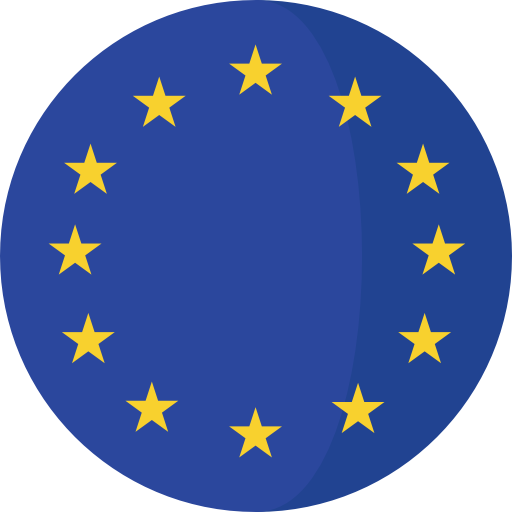 European Union
European Union
 France
France

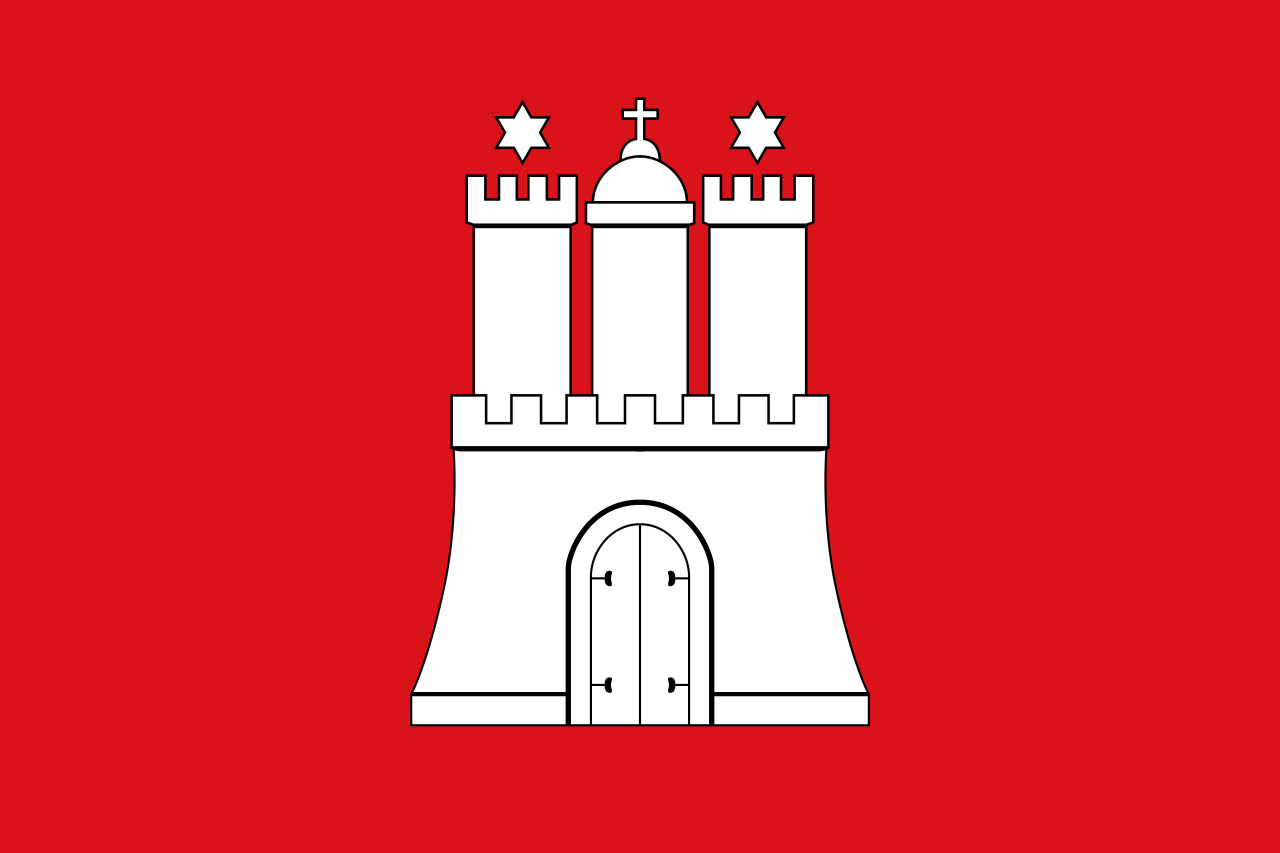 Hamburg
Hamburg

 Hand in Hand
Hand in Hand
 India
India
 Indonesia
Indonesia
 Italy
Italy
 Japan
Japan
 Canada
Canada
 Mexico
Mexico

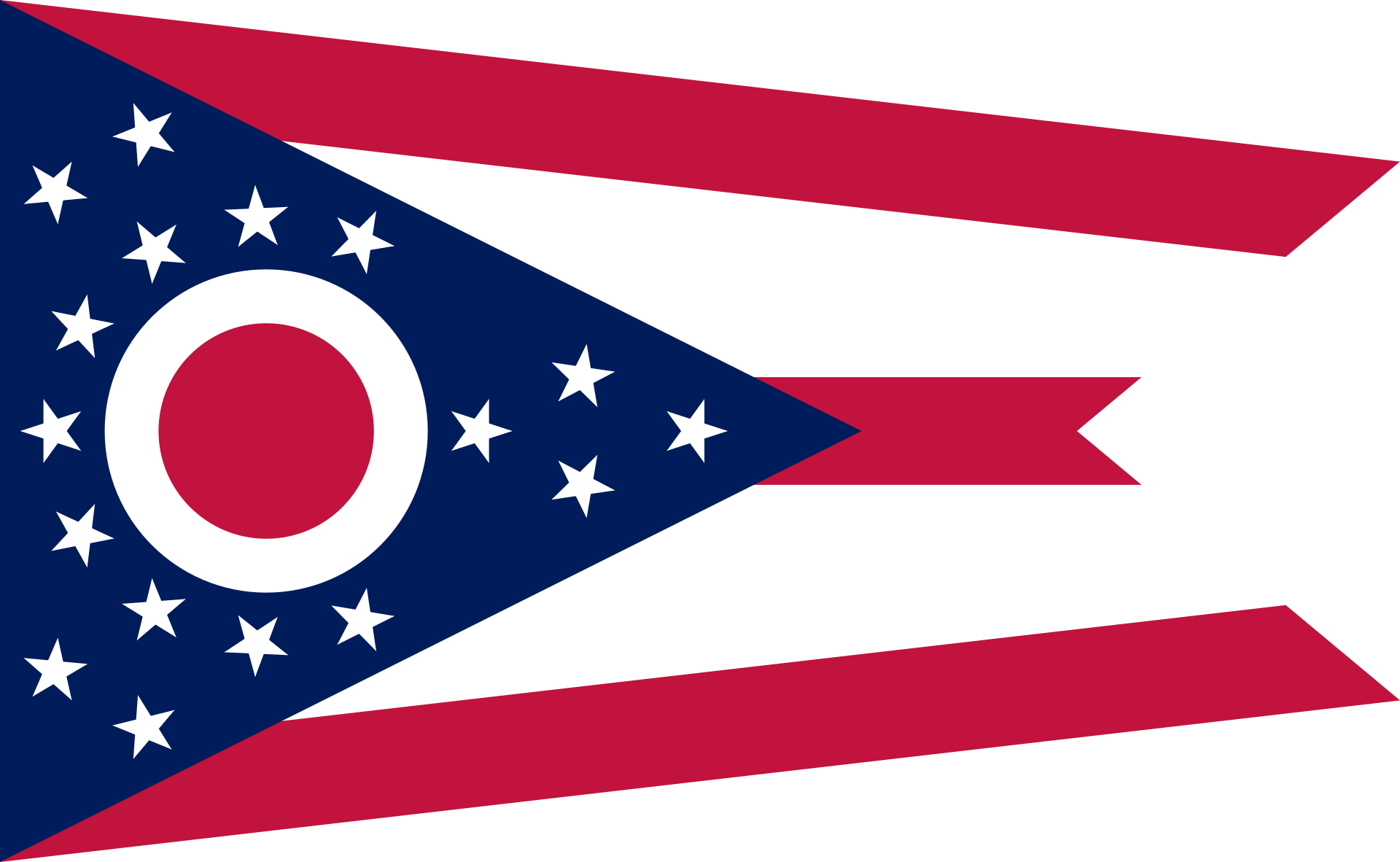 Ohio-OH
Ohio-OH

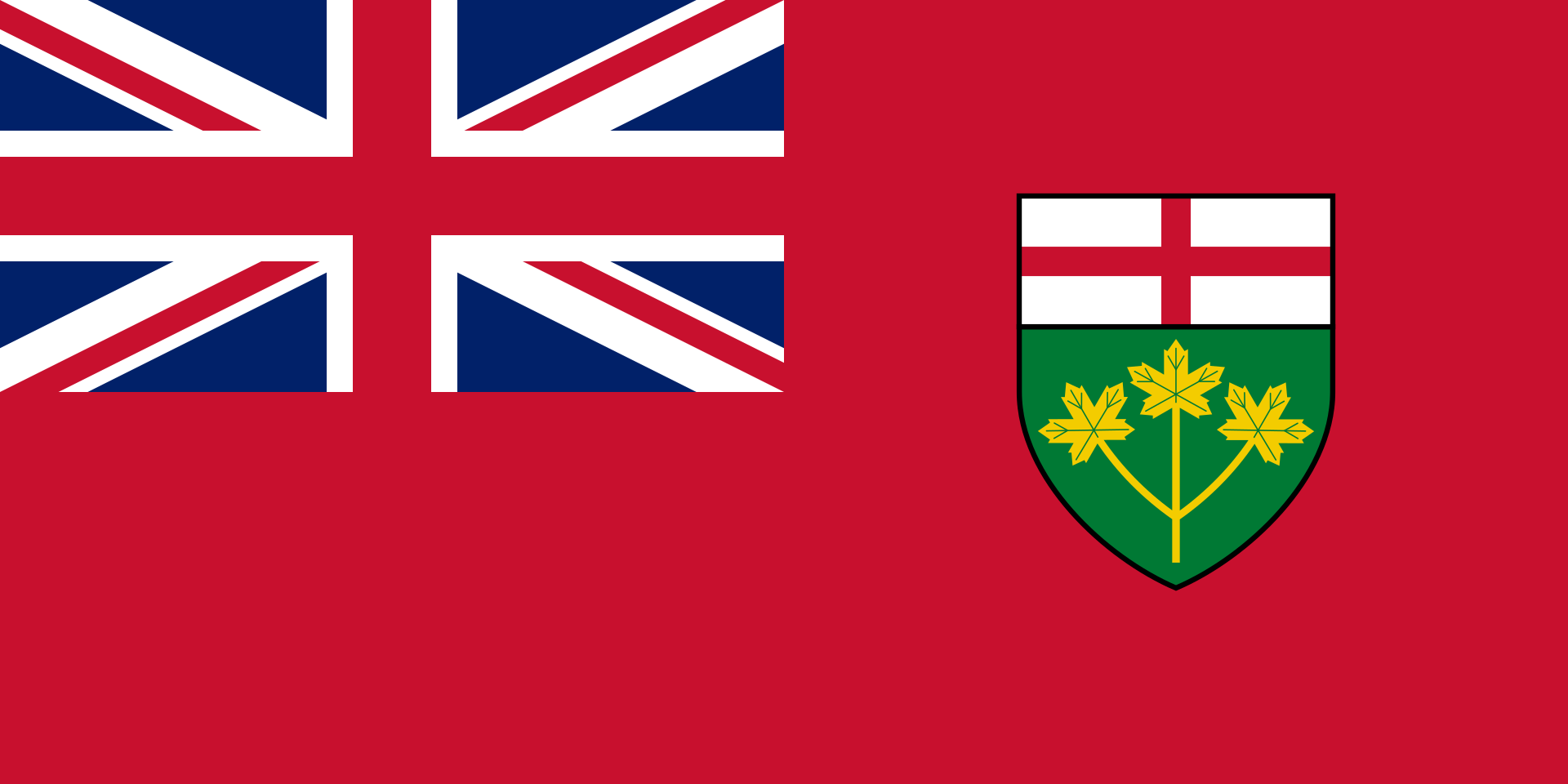 Ontario-ON
Ontario-ON

 Party and government
Party and government

 Party and government
Party and government
 Group of the twenty most important industrial and emerging countries
Group of the twenty most important industrial and emerging countries

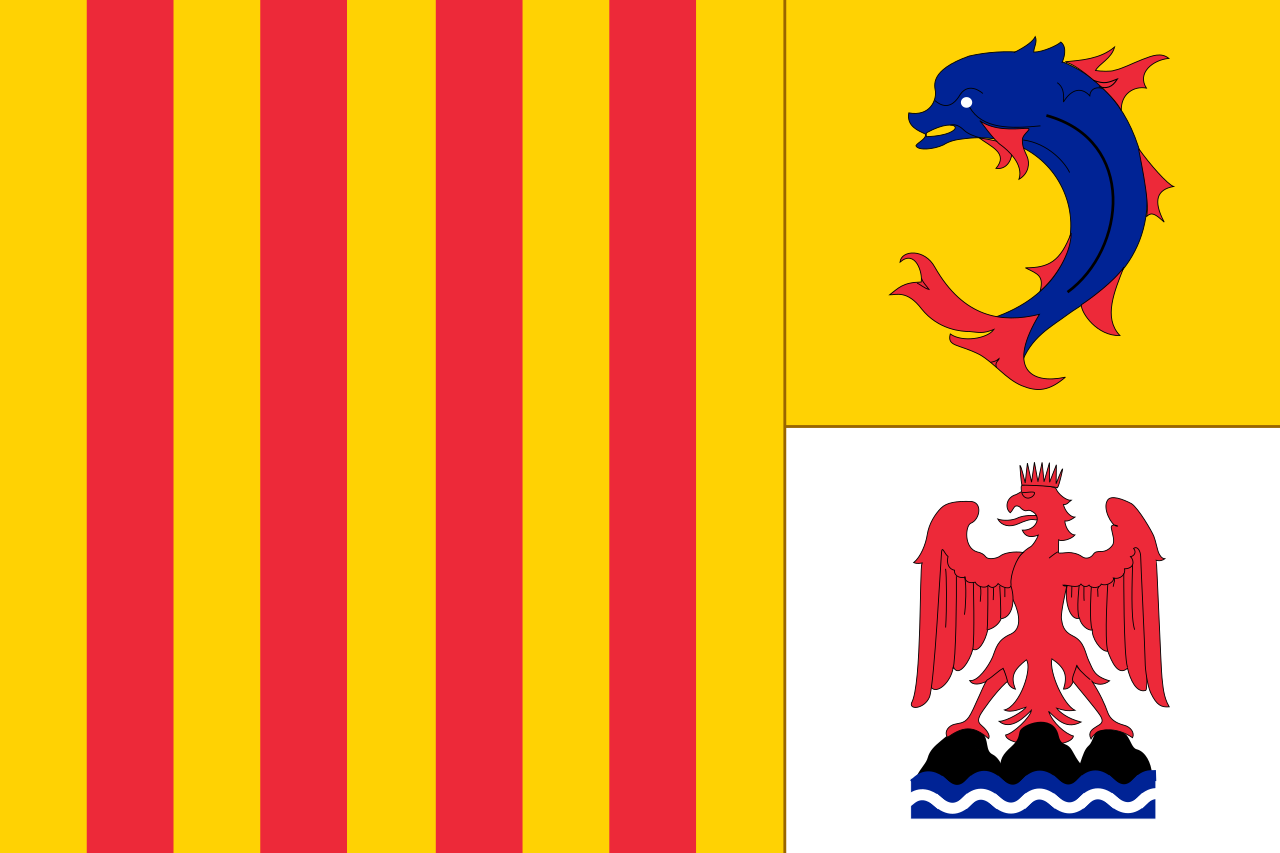 Provence-Alpes-Côte d´Azur
Provence-Alpes-Côte d´Azur

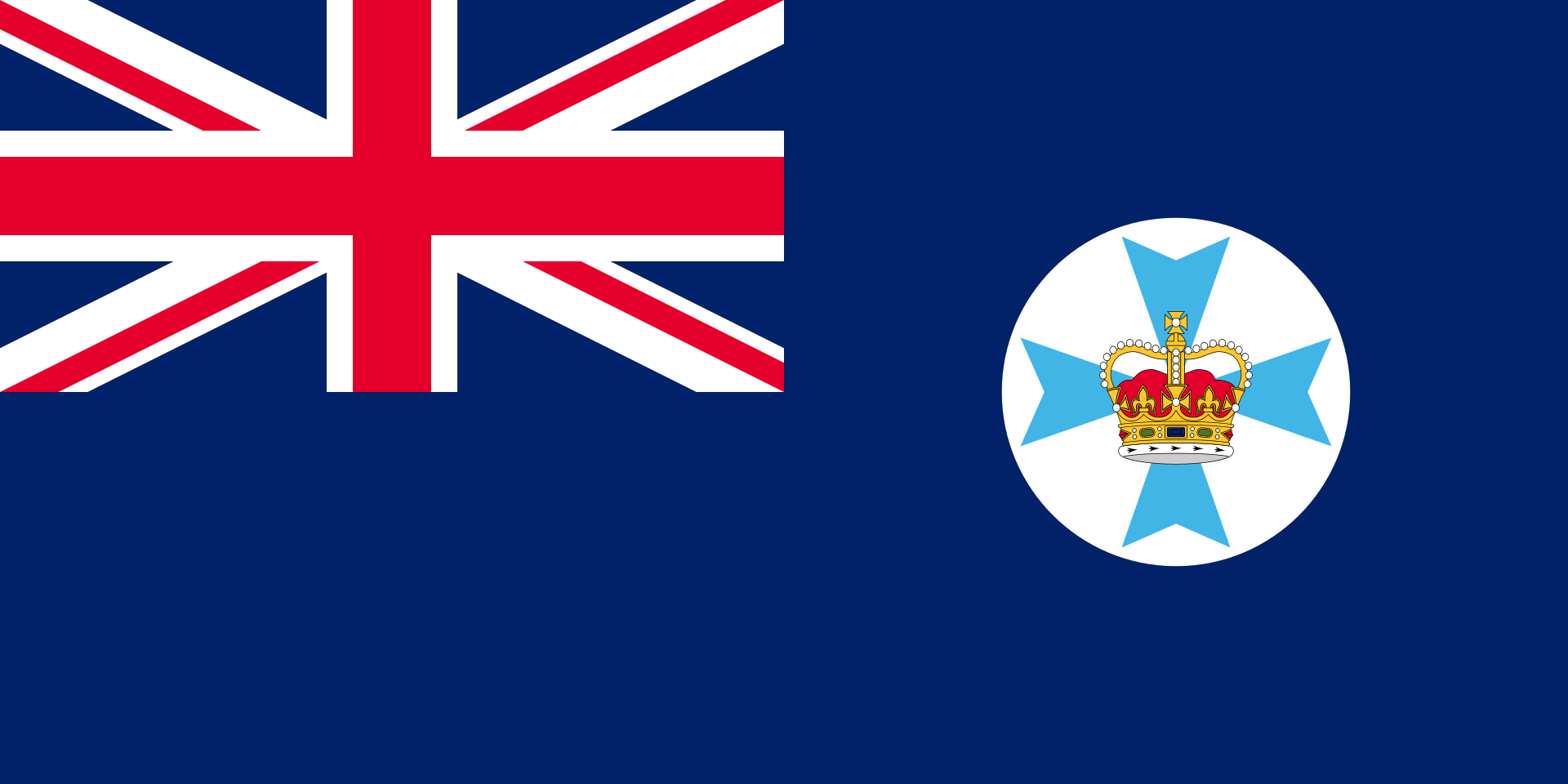 Queensland-QLD
Queensland-QLD
 Republic of Korea
Republic of Korea
 Russia
Russia
 Saudi Arabia
Saudi Arabia
 South Africa
South Africa
 Turkey
Turkey
 United States
United States
 United Kingdom
United Kingdom

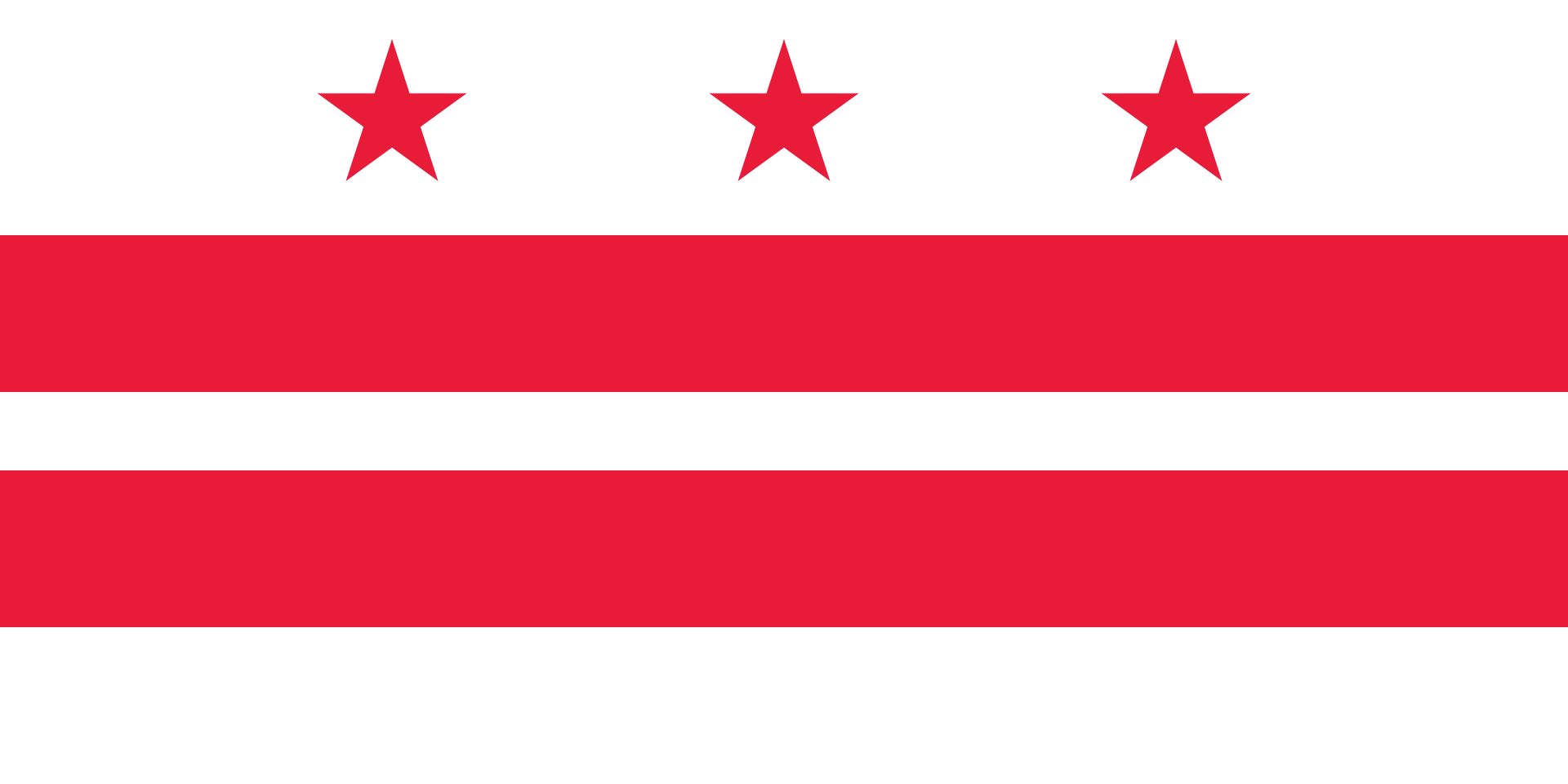 Washington, D.C.
Washington, D.C.
 Zhejiang Sheng-ZJ
Zhejiang Sheng-ZJ

20国集团(G20)是一个国际经济合作论坛,于1999年9月25日由八国集团的财长在华盛顿宣布成立,属于布雷顿森林体系框架内非正式对话的一种机制,由原八国集团以及其余十二个重要经济体组成。该组织的宗旨是为推动已工业化的发达国家和新兴市场国家之间就实质性问题进行开放及有建设性的讨论和研究,以寻求合作并促进国际金融稳定和经济的持续增长,按照以往惯例,国际货币基金组织与世界银行列席该组织的会议。20国集团成员涵盖面广,代表性强,该集团的GDP占全球经济的90%,贸易额占全球的80%,因此已取代G8成为全球经济合作的主要论坛。 二十国集团(英语:Group of Twenty,缩写:G20)是一个国际经济合作论坛,于1999年12月16日在德国柏林成立,属于布雷顿森林体系框架内对话的一种机制,由七国集团(加拿大、美国、英国、法国、德国、意大利、日本),金砖五国(巴西、俄罗斯、印度、中国、南非),七个重要经济体(墨西哥、阿根廷、土耳其、沙特阿拉伯、韩国、印度尼西亚、澳大利亚),以及欧洲联盟组成。按照惯例,国际货币基金组织与世界银行列席该组织的会议。
Die G20 (Abkürzung für Gruppe der zwanzig wichtigsten Industrie- und Schwellenländer) ist ein seit 1999 bestehender informeller Zusammenschluss aus 19 Staaten und der Europäischen Union. Sie soll als Forum für die Kooperation und Konsultation in Fragen des internationalen Finanzsystems dienen.
An den Treffen der G20 nehmen die Staats- und Regierungschefs der G20 Länder, die Finanzminister und Zentralbankchefs der G8 und elf weiterer Staaten, darunter die O-5, sowie die EU-Präsidentschaft (wenn diese zu diesem Zeitpunkt nicht von einem G8-Staat geführt wird), der Präsident der Europäischen Zentralbank, der Geschäftsführende Direktor (Managing Director) des Internationalen Währungsfonds, der Vorsitzende des Internationalen Währungs- und Finanzausschusses (IMFC), der Präsident der Weltbank und der Vorsitzende des Development Committees von Weltbank und Internationalem Währungsfonds teil.
G20(ジートゥエンティ)は、"Group of Twenty"の略で、主要国首脳会議(G7)に参加する7か国、EU、ロシア、および新興国11か国の計20か国・地域からなるグループである。
構成国・地域は、アメリカ合衆国、イギリス、フランス、ドイツ、日本、イタリア、カナダ、EU、ロシア、中華人民共和国、インド、ブラジル、メキシコ、南アフリカ共和国、オーストラリア、大韓民国、インドネシア、サウジアラビア、トルコ、アルゼンチンである。20か国・地域首脳会合(G20首脳会合)および20か国・地域財務大臣・中央銀行総裁会議(G20財務相・中央銀行総裁会議)を開催している。主要20か国・地域[1][2]とも言い、日本の放送局であるNHKでは、先進国会合であるG7と区別して、先進国に新興国を加えた主要20か国[3]と表現している。
The G20 (or Group of Twenty) is an international forum for the governments and central bank governors from 19 countries and the European Union (EU). Founded in 1999 with the aim to discuss policy pertaining to the promotion of international financial stability,[3] the G20 has expanded its agenda since 2008 and heads of government or heads of state, as well as finance ministers, foreign ministers and think tanks[4], have periodically conferred at summits ever since. It seeks to address issues that go beyond the responsibilities of any one organization.[3]
Membership of the G20 consists of 19 individual countries plus the European Union. The EU is represented by the European Commission and by the European Central Bank. Collectively, the G20 economies account for around 90%[5] of the gross world product (GWP), 80% of world trade (or, if excluding EU intra-trade, 75%), two-thirds of the world population,[2] and approximately half of the world land area.
With the G20 growing in stature[6] after its inaugural leaders' summit in 2008, its leaders announced on 25 September 2009 that the group would replace the G8 as the main economic council of wealthy nations.[7] Since its inception, the G20's membership policies have been criticized by some intellectuals,[8][9] and its summits have been a focus for major protests.[10][11]
The heads of the G20 nations held summits twice in 2009 and twice in 2010. Since the November 2011 Cannes summit, G20 summits have been held annually.[12]
Le Groupe des vingt (G20) est un groupe composé de dix-neuf pays et de l'Union européenne dont les ministres, les chefs des banques centrales et les chefs d'État se réunissent annuellement. Il a été créé en 1999, après la succession de crises financières dans les années 19901. Il vise à favoriser la concertation internationale, en intégrant le principe d'un dialogue élargi tenant compte du poids économique croissant pris par un certain nombre de pays. Le G20 représente 85 % du commerce mondial, les deux tiers de la population mondiale et plus de 90 % du produit mondial brut (somme des PIB de tous les pays du monde)1. Le 15 novembre 2008, pour la première fois de son histoire, les chefs d'État ou de gouvernement se sont réunis. Le G20 se décline sous trois formes : les G20 regroupant des chefs d'État et de gouvernement, les G20 finance regroupant les ministres des finances et les gouverneurs des banques centrales et, depuis les 20-21 avril 2010, des G20 sociaux, réunissant les ministres de l'emploi.
Il Gruppo dei 20 (o G20) è un forum dei leader, dei ministri delle finanze e dei governatori delle banche centrali, creato nel 1999, dopo una successione di crisi finanziarie per favorire l'internazionalità economica e la concertazione tenendo conto delle nuove economie in sviluppo. Di esso fanno parte i 19 paesi più industrializzati (quelli del G8 in primis) con l'eccezione di Spagna e Paesi Bassi (sono presenti invece Argentina e Sudafrica). È presente, inoltre, l'Unione europea.
Il G20 rappresenta i due terzi del commercio e della popolazione mondiale, oltre all'80% del PIL mondiale. Sono presenti anche alcune tra le maggiori organizzazioni internazionali.
El Grupo de los 20 (numerónimo: G-20) es un foro cuyos miembros permanentes son 19 países de todos los continentes (Alemania, Arabia Saudita, Argentina, Australia, Brasil, Canadá, China, Corea del Sur, Estados Unidos, Francia, India, Indonesia, Italia, Japón, México, Reino Unido, Rusia, Sudáfrica, Turquía y la Unión Europea).1
Es el principal espacio de deliberación política y económica del mundo.1 En conjunto las entidades políticas representadas en el G20 reúnen el 66 % de la población mundial y el 85 % del producto bruto mundial.1.
El G-20 cuenta además con 14 organizaciones internacionales socias, cuyas presidencias también integran el foro:2
- Mundiales (7): Naciones Unidas (ONU), Fondo Monetario Internacional (FMI), Banco Mundial, Consejo de Estabilidad Financiera (FSB), Organización Internacional del Trabajo (OIT), Organización Mundial de Comercio (OMC) y Organización Mundial de la Salud (OMS)
- Regionales (7): Asociación de Naciones del Sudeste Asiático (ASEAN), Unión Africana, Nueva Alianza para el Desarrollo de África (NEPAD), Comunidad del Caribe (CARICOM), Banco Interamericano de Desarrollo (BID), Banco de Desarrollo de América Latina (CAF) y Organización para la Cooperación y el Desarrollo Económico (OCDE)
El G-20 surgió en dos etapas. Primero en 1999, como un grupo de segundo nivel de autoridades económicas y financieras, y luego como un grupo de primer nivel en 2008, como consecuencia de la crisis mundial que estalló ese año, al constituirse como Cumbre de Jefes de Estado, desplazando al G-8 y al G8+5 como foro de discusión de la economía mundial.3
La instancia más importante del G20 es la Cumbre de Jefes de Estado, denominada Cumbre de Líderes, que se reúne una vez por año.4 El G20 cuenta con dos instancias gubernamentales de segundo nivel, denominadas canales de trabajo: el Canal de Finanzas que reúne a los ministros de Finanzas y presidentes de bancos centrales y el Canal de Sherpas, para tratar los temas no económicos.4
Complementariamente el G-20 cuenta con grupos de participación de la sociedad civil, llamados grupos de afinidad: Business 20 (B20) para empresarios, Civil 20 (C20) para ONGs, Labour 20 (L20) para sindicatos, Science 20 (S20) para científicos, Think 20 (T20) para institutos de investigación, Women 20 (W20) para organizaciones feministas y Youth 20 (Y20) para organizaciones juveniles.4
En 2019 la cumbre se realizó en Osaka Japón, correspondiendo la presidencia del grupo a su primer ministro, Shinzō Abe.
Больша́я двадца́тка (также G20, G-20 , Группа двадцати; официально — англ. The Group of Twenty, major advanced and emerging economies[1]) — клуб правительств и глав центральных банков государств с наиболее развитой и развивающейся экономикой[2].
В совокупности, G20 представляет 85 % мирового валового национального продукта, 75 % мировой торговли (включая торговлю внутри ЕС) и две трети населения мира[2].
Европейский союз представлен председателем Европейской комиссии и председателем Европейского совета[3]. Кроме того, обычно на встречах G20 присутствуют представители различных международных организаций, среди которых Совет по финансовой стабильности, Международный валютный фонд, Всемирная торговая организация, Африканский Союз, АСЕАН, Организация Объединённых Наций и Всемирный банк[2].
Группа 20 была создана в ответ на азиатский финансовый кризис конца 1990-х[2] и растущее сознание того, что страны с развивающейся рыночной экономикой не были адекватно представлены в мировых экономических обсуждениях и принятии решений. Переход от «большой семёрки» к формату G20 был ускорен из опасения катастрофы глобальной экономики в общемировой экономический кризис 2008 года[4]. До 2008 года группа не проводила саммитов на высшем уровне, её основной формой деятельности были ежегодные встречи на уровне министров финансов и глав центробанков. На сегодняшний день саммиты G20 являются глобальным форумом для сотрудничества и консультаций по вопросам, относящимся к международной финансово-экономической системе.
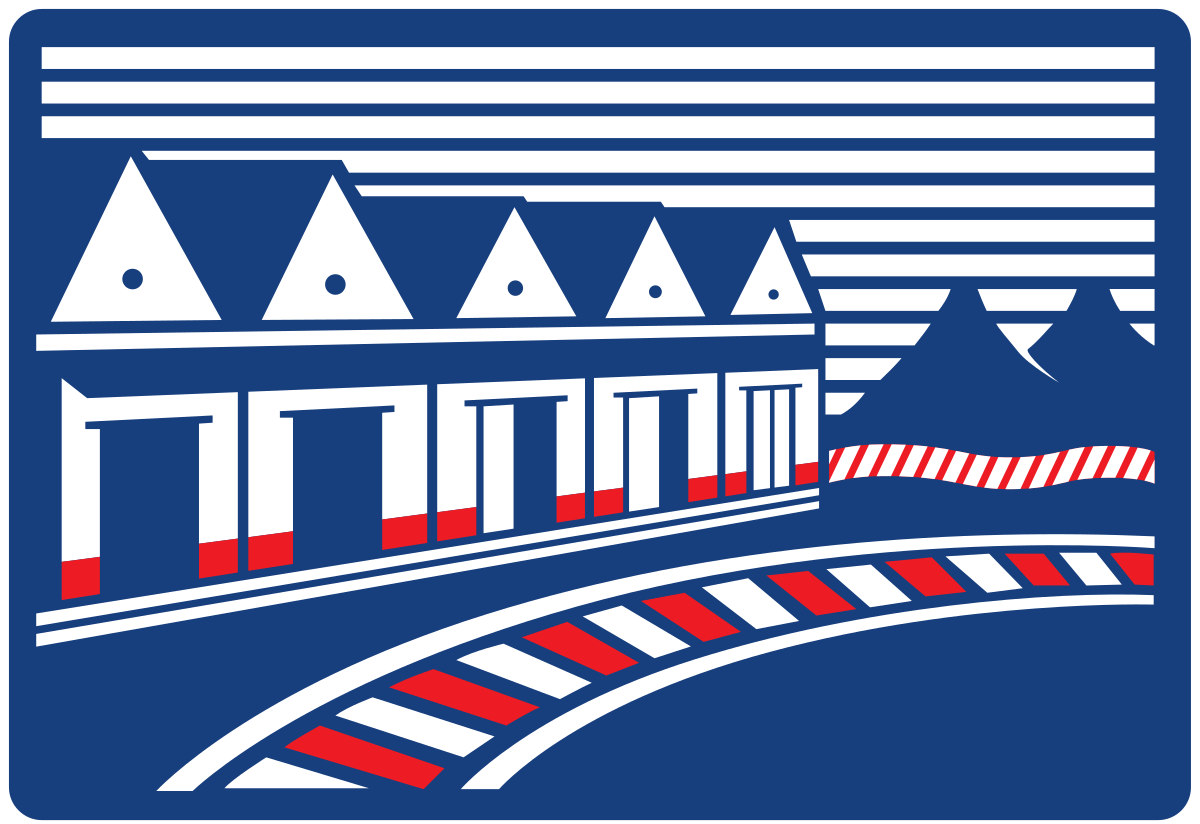
 Architecture
Architecture
 Sport
Sport
 Geography
Geography
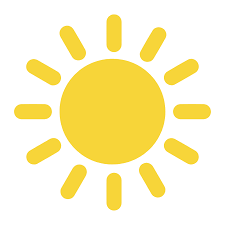 Energy resource
Energy resource
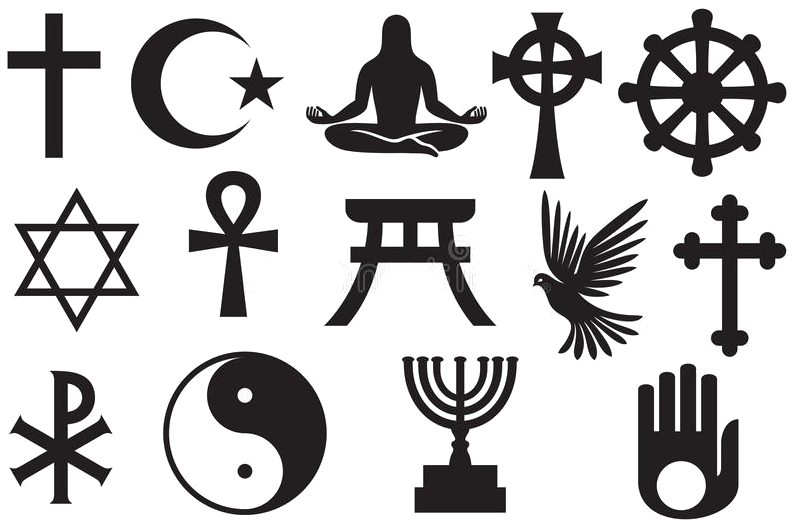 Religion
Religion
 Economy and trade
Economy and trade
 Companies
Companies
 Eat and Drink
Eat and Drink